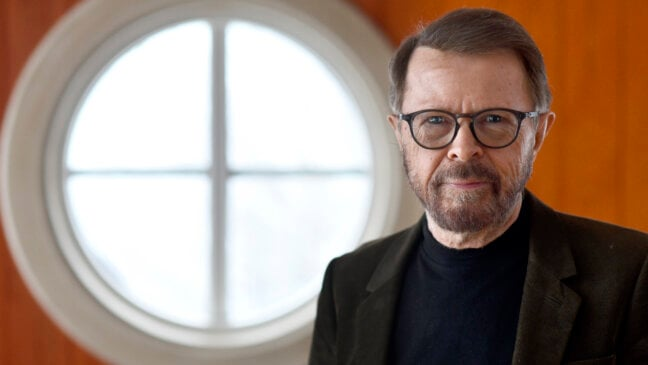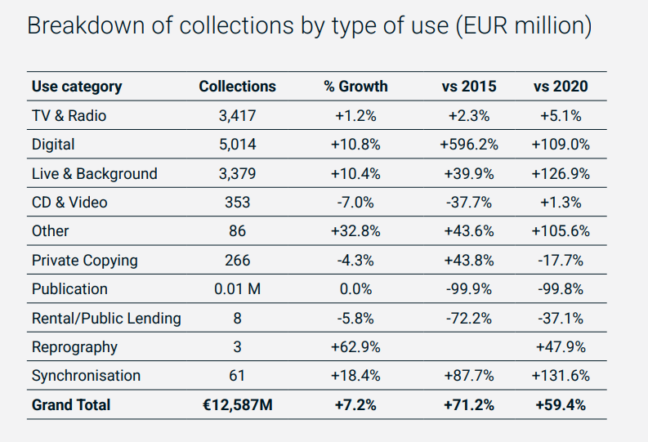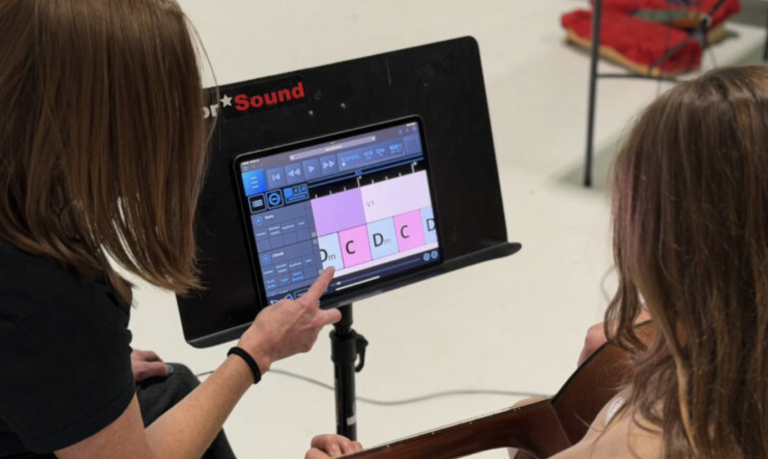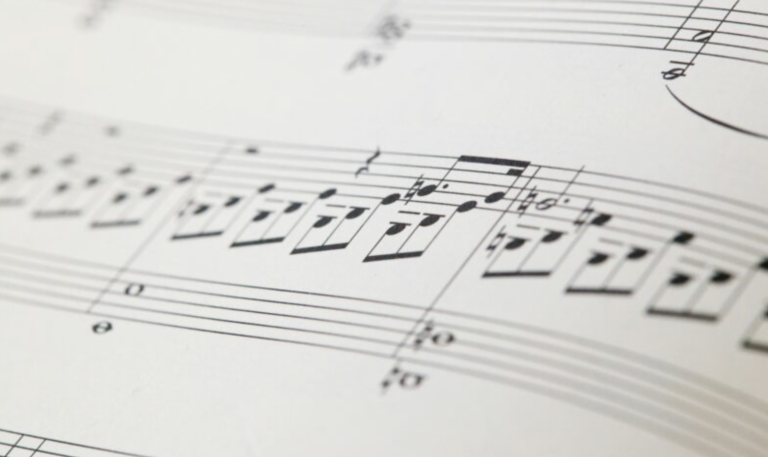
CISAC President and ABBA co-founder Björn Ulvaeus
Global creator royalties hit a record in 2024, according to CISAC’s Global Collections Report. The group, which represents 228 societies in 111 countries, reported royalties of €13.97 billion ($15.12 billion). That marked a 6.6% increase over 2023. The report highlights strong gains in digital and live music, but also warns about the growing influence of artificial intelligence.
Digital Music Leads the Surge
Digital music led the surge, crossing €5 billion ($5.4 billion) for the first time. Revenues rose 10.8% year over year, fueled by more streaming subscriptions and higher platform prices. The US accounted for more than a quarter of digital royalties, while Italy posted the fastest growth at 27.2%. Futuresource Consulting predicted slower growth ahead, with a 7% compound annual rate between 2025 and 2028 as services focus on revenue per user.
Live music also set records. Royalties rose 10.4% to €3.38 billion ($3.66 billion). Taylor Swift’s The Eras Tour became the highest-grossing tour ever, while Coldplay sold a record number of tickets. Yet the report noted a divide: superstar tours thrive, but grassroots venues continue to close, limiting opportunities for new artists. Live Nation’s revenue growth slowed to just under 2% in 2024, compared to a 36% jump the year before.
AI Raises Alarms for Creators
CISAC also raised alarms about AI’s impact. Director General Gadi Oron warned that “without proper safeguards or data transparency, [AI] risks undermining the very foundation of creative value.” A CISAC study estimated that AI could cannibalize up to 24% of creator revenues by 2028. Still, CISAC President Björn Ulvaeus expressed cautious optimism. He pointed to Sweden’s STIM AI license and Udio’s licensing deal with Universal Music Group as proof that technology and creator rights can coexist.
In short, 2024 was a landmark year for royalties, driven by digital and live music. But the industry faces a turning point. To sustain growth, it must balance innovation with fair compensation and ensure AI strengthens rather than weakens creative value.









